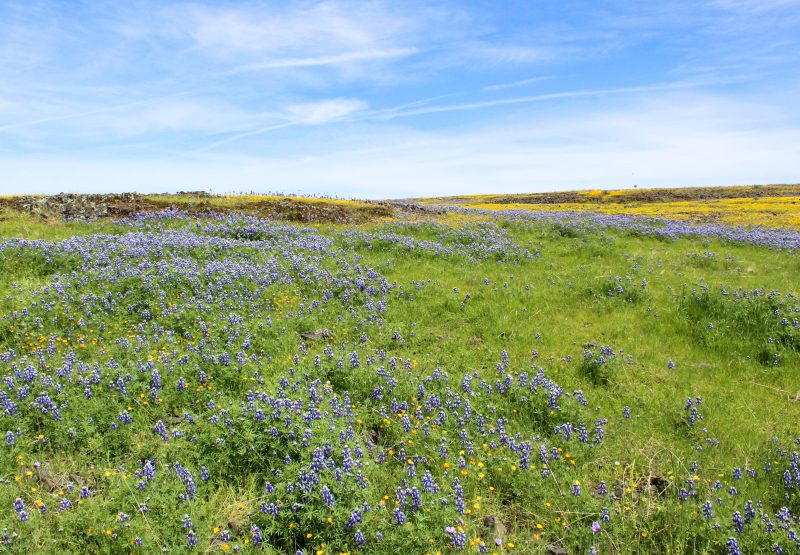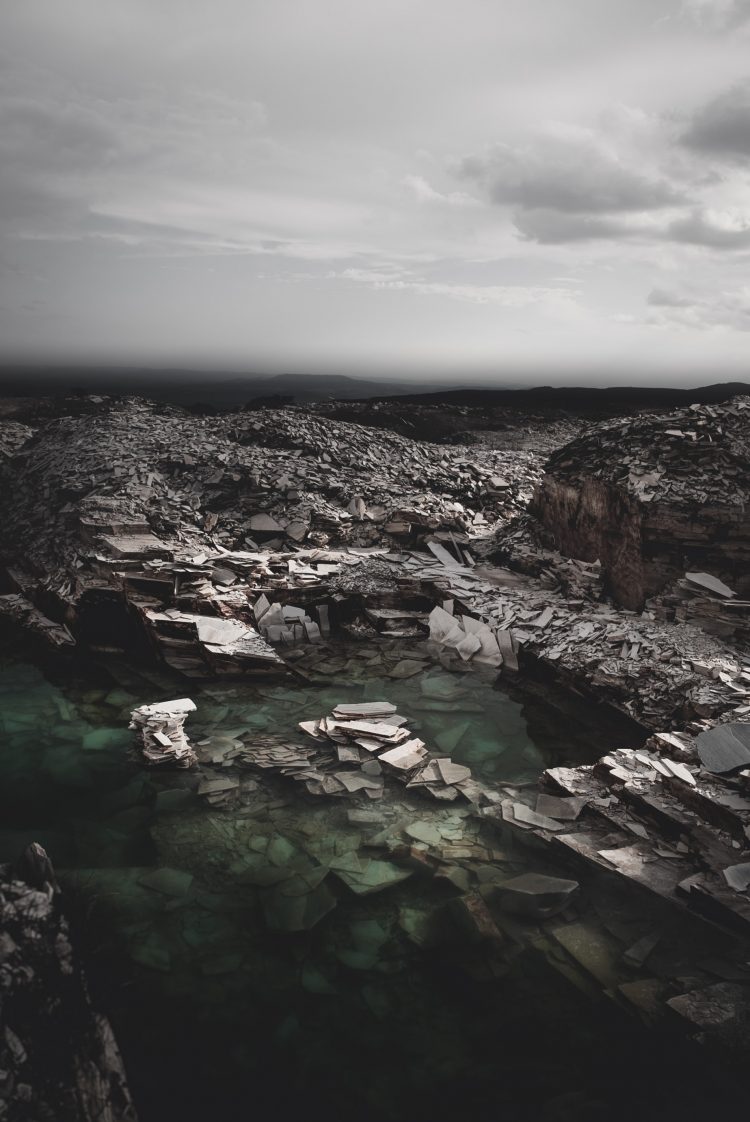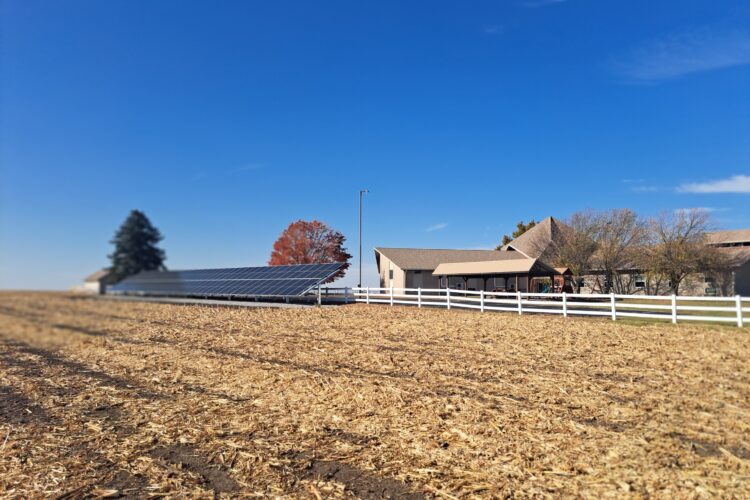Ecological Integrity and the Light Within

by Louis Cox and Ruah Swennerfelt.
Ruah is the former General Secretary of Quaker Earthcare Witness
IN THE COURSE of our travels to present on behalf of Quaker Earthcare Witness, we search with gathered Friends for ways we all can “walk more gently on the Earth” and experience a deeper spiritual relationship to Creation.
Our presentations resonated with many participants who are seeking greater responsibility and meaning in their lives around the Quaker testimonies of “simplicity” or “simple living.” However, the strongest responses came when we emphasized Earthcare as part of a core testimony of integrity. Quaker history suggests that, in fact, all Friends testimonies spring from this concept. As Cecil Hinshaw, author of the Pendle Hill pamphlet Apology for Perfection, once noted, “The essence of early Quakerism is precisely in a demand for complete integrity of the individual in relation to God, to other people, to self.”
Integrity, as a synonym for truthfulness, wholeness, and single-handed pursuit of the Good, therefore provides a comprehensive understanding of how Friends traditionally have engaged the secular powers that alienate and destroy rather than unify and heal. In this approach, our commitments to peace, equality, justice, and Earthcare are understood as different facets of the same spiritual concern.
Some examples of the integration of Friends’ testimonies include:
Peace Work and Earthcare
The manufacture, testing, and use of weapons is destructive to ecosystems and depletes nonrenewable resources. War disrupts communities, which are typically most knowledgeable about local environments and best equipped to practice stewardship.
Equality and Earthcare
Inequality, (racial, gender, ethnic, sexual orientation) deprives people of basic needs as well as rights, which makes it difficult for them to be mindful of the needs and rights of other species and future generations. Competition for scarce, nonrenewable resources is exacerbated by overconsumption.

Justice and Earthcare
Ecosystems can be healthy only when society is just and healthy. Ways can and must be found to provide for both the needs of people and protection of Earth’s precious resources, for the benefit of all. Focus turns to the common interests of resource users, environmentalists, and endangered species.
In other words, bringing all of the Friends testimonies together in terms of corporate and personal integrity counters the tendency toward splintered programs and commitments and gives more coherence and credibility to our efforts.
WHAT DOES INTEGRITY MEAN in practice and how do we foster it?
Stephen Carter, in his 1996 book, Integrity, says our expectations for integrity in ourselves and in our leaders are seldom met because most of us don’t realize integrity is a process that requires discipline and practice: We make a personal commitment to right living, beyond the conventional expedient. We devote sufficient time and energy for discernment and periodic reassessment. We act upon our best understanding at the moment as to what is right. We are open about what we are doing and why. To Carter’s list, we add: We shift to a less human-centered perspective that values integrity not only for humans but for the entire life community. Examples of discernment that involve Earthcare include: how we earn our living, how we spend our money, how we spend our time, how we use the scarce resources available to us, the kind of transportation we use, the number of children we have, whether we buy new or used clothing and other goods, how much of our food comes from a co-op or supermarkets or home gardening.
But we miss the point if we approach this process simply as the higher education of our will and conscience. The error of pride is committed when we misjudge how much of the world and ourselves we can understand, create, or control. Wilmer Cooper’s 1991 Pendle Hill pamphlet, The Testimony of Integrity, reminds us that integrity involves obedience to the Light within. It is experienced when we allow our lives to become vehicles for God’s action in the world. By entering into a covenant with the divine order, we carry that covenant into all of our relationships, whether social, economic, political, or environmental.


